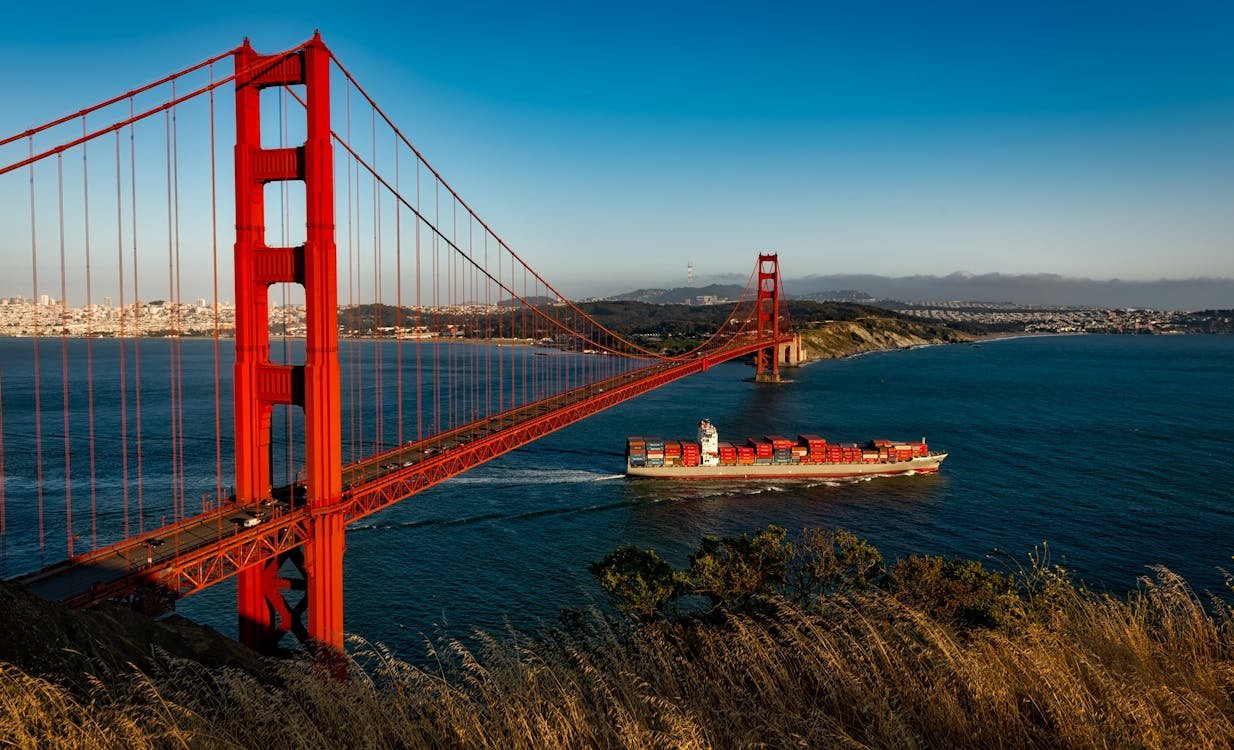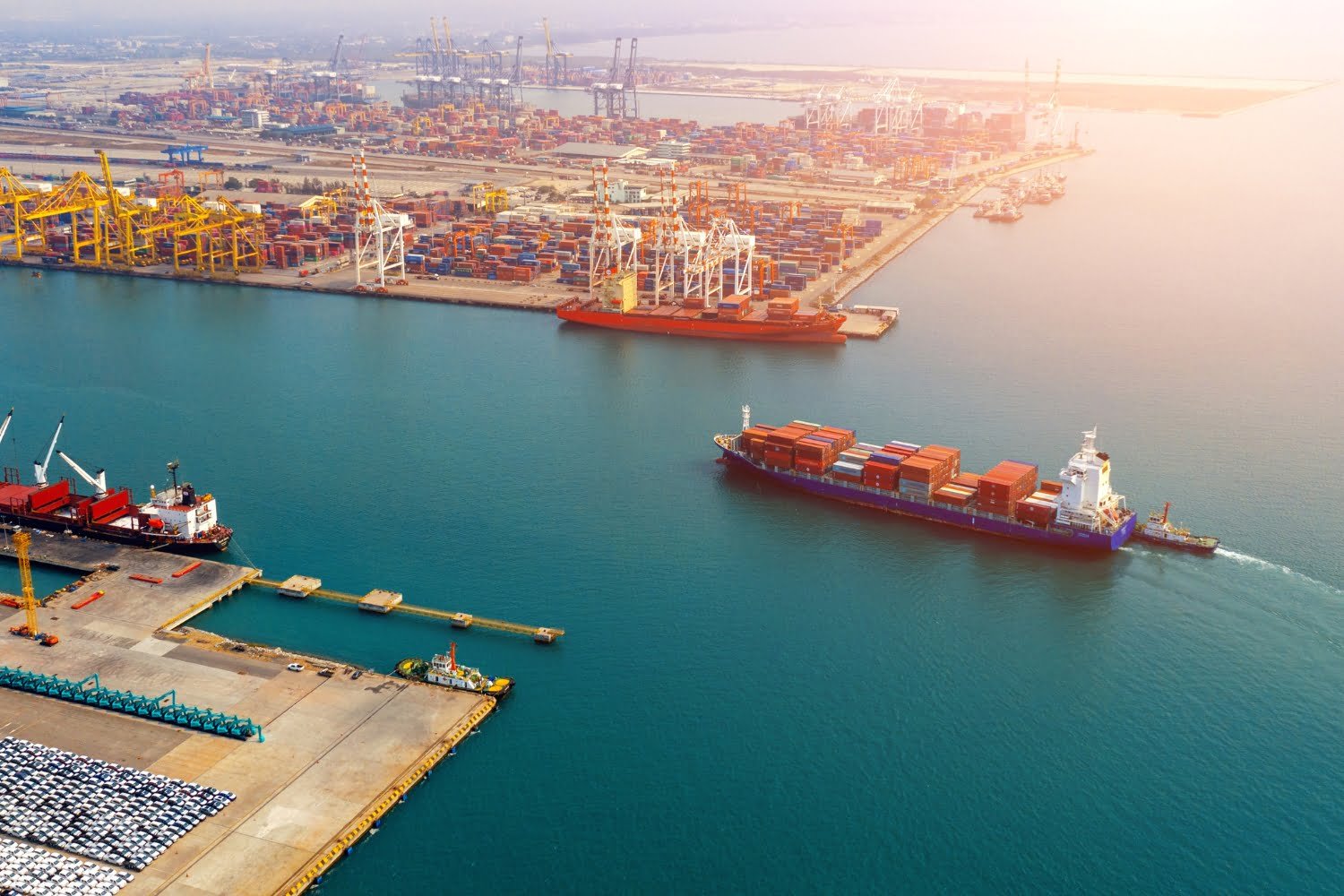Q In the field of logistics and transportation, modern freight trucks are often labeled as “bulky”, “inefficient” and “highly polluting”. These stereotypes are not only due to traditional cognitive inertia, but also limited by insufficient understanding of industry technology iteration. With breakthroughs in new energy technology, intelligent networking, lightweight design and other fields, freight trucks are undergoing a transformation from “transportation tools” to “smart mobile nodes”. To break the stereotype of freight trucks, it is necessary to re-examine their technical core, operating model and social value.
Stereotype 1: “High pollution” = the fate of freight trucks?
Traditional diesel trucks have long been regarded as the “culprit” of environmental pollution due to exhaust emissions, but this perception has seriously lagged behind the development of the industry. Currently, the commercialization process of new energy freight trucks is accelerating worldwide, and the technical routes cover various forms such as pure electric, hydrogen fuel cells, and methanol fuel


Pure electric trucks: have become mainstream in the field of short-distance urban distribution (such as express delivery and fresh food transportation). For example, the pure electric light trucks launched by Chinese automakers BYD and Yutong have a range of over 300 kilometers and a charging time of less than 1 hour. They have been put into large-scale use in logistics parks in cities such as Beijing and Shenzhen;
Hydrogen fuel cell trucks: suitable for medium- and long-distance heavy-duty scenarios (such as port transportation and coal distribution). The hydrogen fuel cell heavy trucks developed by Weichai Power and FAW Jiefang have a single hydrogenation range of over 800 kilometers and have been put into normal operation in Shandong ports;
Methanol fuel trucks: Relying on my country’s abundant coal resources, the methanol heavy trucks launched by Geely Commercial Vehicles have a fuel cost 30% lower than diesel and a carbon emission reduction of 40% compared to traditional diesel vehicles.
For more logistics knowledge, please follow Power Link Logistics Ltd
At the policy level, the “dual carbon” goal has pushed countries to accelerate the replacement of new energy trucks. The EU plans to ban the sale of fuel trucks by 2035, and China’s “New Energy Vehicle Industry Development Plan” clearly requires that new energy logistics vehicles account for 20% by 2025. With the combination of technological progress and policy dividends, the “high pollution” label of freight trucks is being replaced by “zero-carbon transportation”.。
Redefining freight trucks: from transportation tools to smart nodes
The evolution of freight trucks is essentially a microcosm of human pursuit of efficiency, environmental protection and humanity. Only when we abandon the old labels of “high pollution” and “low efficiency” can we truly understand how this industry uses technology as an engine to drive the transformation of the social logistics system – it is not only a carrier for the movement of goods, but also a bridge connecting production and consumption, the present and the future.


